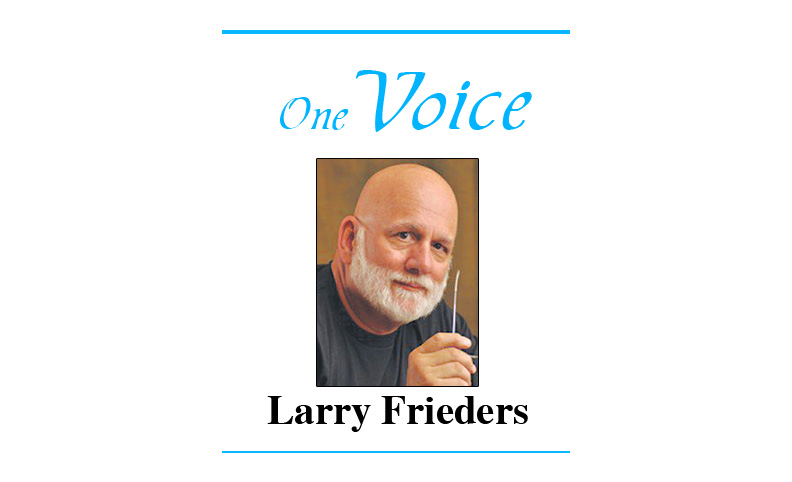
Story One. You’ve probably heard the story about the cocktail party. There was small talk and a smattering of serious conversation as well. Cedric, a small business owner, was in a group with Anna, an attorney. Cedric posed a legal question to which Anna hesitated to reply in detail. After a few minutes just Anna and Cedric remained talking. Cedric turned to Anna and pushed her for answers to a legal question. In order to move on with the evening, Anna gave some clear advice to which Cedric responded positively.
A few days later Cedric called Anna’s office demanding to know why he had received a bill for consultation services. Anna referenced the professional legal advice she provided at the party. Cedric was upset but he probably, appropriately, paid the bill.
At some point during the party, general conversation between Anna and Cedric morphed from cocktail party chatter to a specific legal consultation. Cedric benefitted from the conversation and Anna, a professional attorney, concluded that it was her right and obligation to send a bill for her service, regardless of how Cedric might feel about it.
Story Two. Recently, Lou and Penny moved into an apartment in a modern senior living facility. It offered independent apartments, assisted living services, and even memory care services. The couple were getting along in years – recently retired – and they decided that moving to the apartment was a reasonable decision.
They made some friends, one Everett, somewhat older. He was experiencing some minor health issues, but nothing serious enough for him to contract for assisted living services.
Everett cut his arm. It was bleeding and a nurse on duty responded, stopped the bleeding, and applied a bandage. Everett was told to have the wound checked and dressed soon. He called for one of the nursing staff members to do the dressing change for him. They refused and referred him to his own doctor, or an urgent care facility.
Everett, just like most individuals, wasn’t aware of the responsibilities that a person lives under when entering the field of licensed professions (health and law being examples). A contract might be implied or formal, but a contract exists, and the professional is obliged to only offer services that would regularly be expected, except in an emergency.
A nurse responded to an emergency situation by stopping the bleeding and bandaging Everett’s wound. Follow-up care was not an expected part of that emergency service. The nurses correctly recommended an alternative. The act of going to the Urgent Care center implied contract for health service. He may have been asked to sign documents that further formalized the contract between the service center and himself. A similar contract for health services would be available to Everett who had agreed to assisted living service from the Senior Living apartments. Except for an emergency, the health staff members at the apartment are not in a professional or legal position to provide follow- up health service to anyone, whether living in the apartments, or not.
Laws are in place to protect professionals from being held responsible if a problem occurs when they step forward in an emergency. There’s a fine line between being a Good Samaritan and malpractice. Licensed professionals are wise to be careful when asked for professional advice The payment Archie asked for was a legitimate fee for professional consultation. If Cedric failed to pay, he was in breach of an implied legal contract and any issues with Archie would be void. Similarly, follow-up dressings would be outside the legal contract between Everett and the nurses.
A conclusion is that we must understand the chasm between polite conversation and professional advice for which our system has placed many demands. Just because a professional is friendly does not automatically presume that she should be expected to offer specific professional advice whenever asked.
Larry Frieders is a pharmacist in Aurora who had a book published, The Undruggist: Book One, A Tale of Modern Apothecary and Wellness. He can be reached at thecompounder.com/ask-larry or www.facebook.com/thecompounder.

